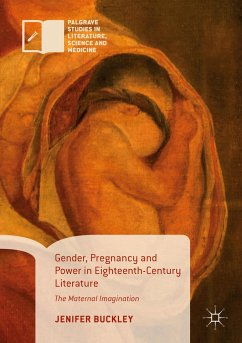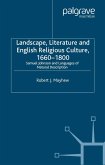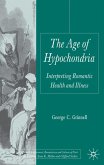This book reveals the cultural significance of the pregnant woman by examining major eighteenth-century debates concerning separate spheres, man-midwifery, performance, marriage, the body, education, and creative imagination. Exploring medical, economic, moral, and literary ramifications, this book engages critically with the notion that a pregnant woman could alter the development of her foetus with the power of her thoughts and feelings. Eighteenth-century authors sought urgently to define, understand and control the concept of maternal imagination as they responded to and provoked fundamental questions about female intellect and the relationship between mind and body. Interrogating the multiple models of maternal imagination both separately and as a holistic set of socio-cultural components, the author uncovers the discourse of maternal imagination across eighteenth-century drama, popular print, medical texts, poetry and novels. This overdue rehabilitation of the pregnant woman in literature is essential reading for scholars of the eighteenth century, gender and literary history.
"Buckley's volume is a most welcome addition to the scholarship in the field, which tends to analyze pregnancy through the history of medicine ... . Buckley has done a splendid job recuperating the history of the maternal imagination in eighteenth-century Britain through its many lenses-medical, literary, social, and cultural-and through its many permutations." (Marilyn Francus, Eighteenth Century Fiction, Vol. 33 (1), 2020)








